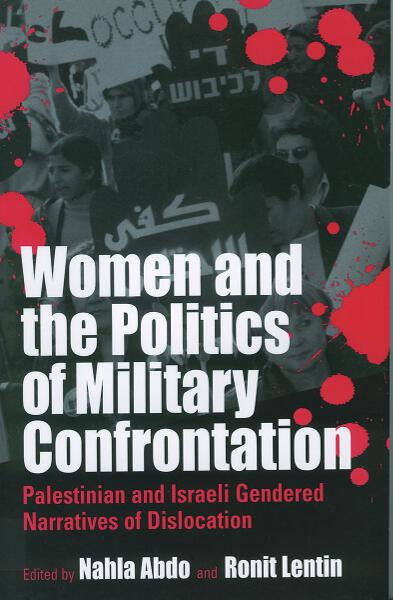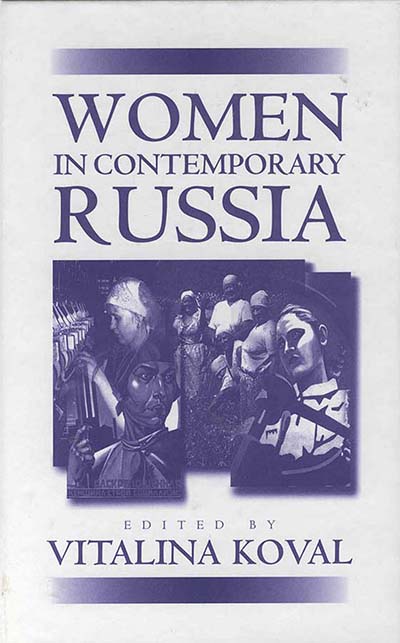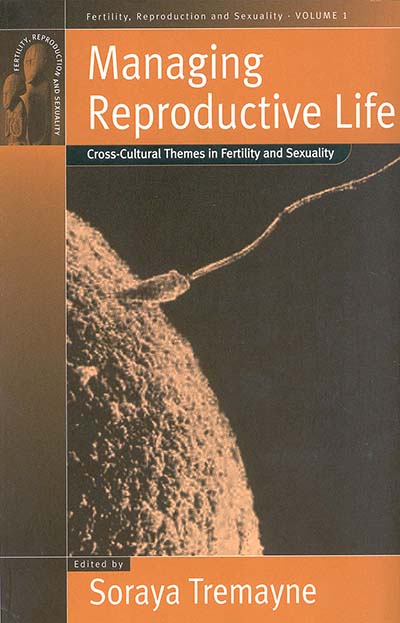
Series
Volume 36
Fertility, Reproduction and Sexuality: Social and Cultural Perspectives
See Related
Anthropology JournalsEmail Newsletters
Sign up for our email newsletters to get customized updates on new Berghahn publications.
Fertility, Conjuncture, Difference
Anthropological Approaches to the Heterogeneity of Modern Fertility Declines
Edited by Philip Kreager and Astrid Bochow
358 pages, 1 illus., 22 figures, bibliog., index
ISBN 978-1-78533-604-1 $135.00/£104.00 / Hb / Published (September 2017)
eISBN 978-1-80758-929-5 eBook
Reviews
“Philip Kreager and Astrid Bochow’s edited Fertility, conjuncture, difference is a convincing continuation of critical discussions which began in the mid-1990s about, on the one hand, using anthropological approaches in order to understand the heterogeneity of modern reproductive change and, on the other, the possibilities for creating an anthropological demography. This effort is tackled in the volume’s extraordinary introduction, in which the editors outline the innovative research strategy – combining conjunctural action and compositional difference – needed to unravel the continuing diversity of fertility world-wide.” • Journal of the Royal Anthropological Institute
“These rich interdisciplinary studies show fertility decisions are not made according to rational choice economic theory and a vague concept of ‘modernity.’ Each case study here presents cultural and personal factors coalesced around reproductive decisions that women and men consider when making life decisions. The editors and contributors are to be congratulated for this splendid and insightful contribution to understanding reproductive decision making and, not least, the benefits of interdisciplinarity. Highly recommended.” • Journal of the Motherhood Initiative
“This volume offers much needed empirical support to the concept of vital conjunctures, but it also provides a more theoretical discussion explaining the reproductive decision-making beyond the mere economic rationality of the actors. The fact that demographic explanations should pay closer attention to the compositional effects, achieved through the individual agency within the “multiple potential futures” stands as the biggest strength of the book.” • Anthropological Notebooks
“Outstanding. This volume follows in a distinct lineage of both historically and anthropologically-informed critical studies of the demographic analysis of fertility decline and reproductive change. It is an excellent addition to that corpus of work.” • Simon Szreter, St John’s College, Cambridge
Description
In the last forty years anthropologists have made major contributions to understanding the heterogeneity of reproductive trends and processes underlying them. Fertility transition, rather than the story of the triumphant spread of Western birth control rationality, reveals a diversity of reproductive means and ends continuing before, during, and after transition. This collection brings together anthropological case studies, placing them in a comparative framework of compositional demography and conjunctural action. The volume addresses major issues of inequality and distribution which shape population and social structures, and in which fertility trends and the formation and size of families are not decided solely or primarily by reproduction.
Philip Kreager is Senior Research Fellow in Human Sciences, Somerville College; Director, Fertility and Reproduction Studies Group, Institute of Social and Cultural Anthropology; and Reseach Associate, Department of Sociology, Oxford University. He has written extensively on the history and conceptual development of population theory and analysis in European culture, and on comparative family systems and anthropological demography.
Astrid Bochow is Lecturer in Social Anthropology, Georg August Univeristät Göttingen, and Associate of the Fertility and Reproduction Studies Group, Institute of Social and Cultural Anthropology, Oxford University.




